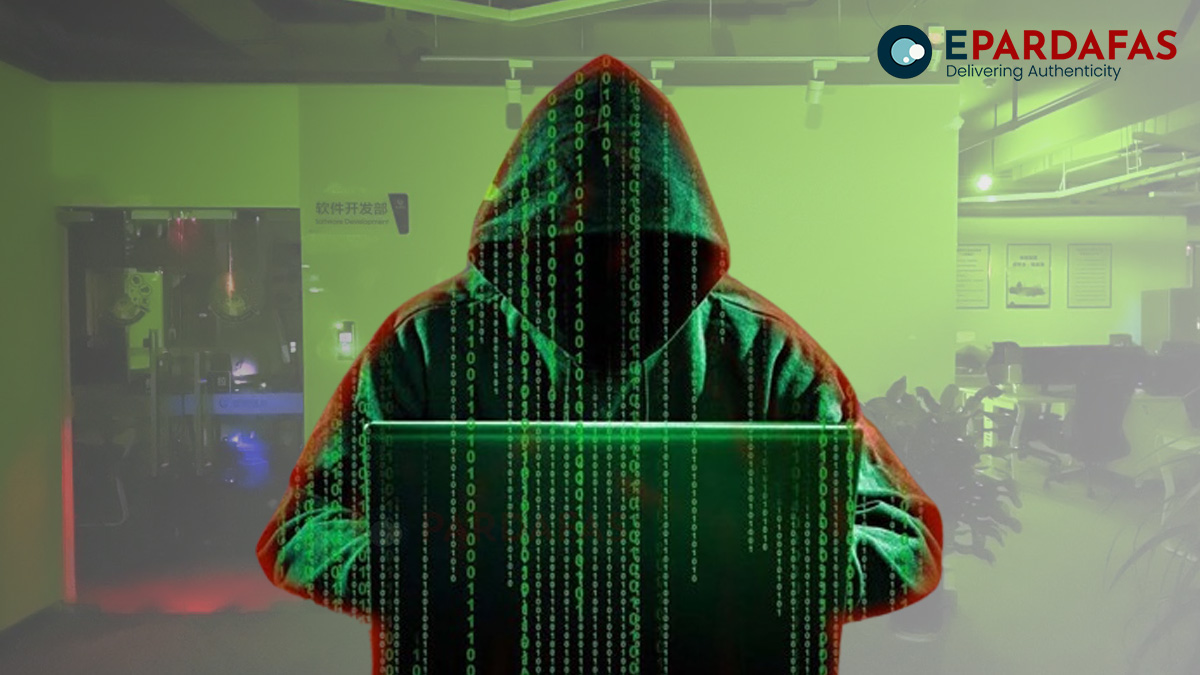
Behind Closed Doors: Inside China’s Hacking Industry

In the shadowy realm of China’s hacking industry, a world fueled by influence, alcohol, and secrecy unfolds. The recent leak of internal documents from a private contractor linked to China’s government and police, known as I-Soon, has offered a rare glimpse into this clandestine domain. It exposes a culture of shady dealings, questionable business practices, and lax security protocols that permeate the country’s booming hacking-for-hire industry.
Origins and Evolution
China’s hacking industry emerged from the country’s early hacker culture in the 1990s, with individuals like Wu Haibo, the founder and CEO of I-Soon, at its forefront. Wu, once part of China’s first hacktivist group, Green Army, transitioned into the realm of “red hackers” – patriots offering their services to the Chinese Communist Party.
The demand for overseas intelligence by China’s state security apparatus propelled the growth of private hacking contractors. These companies, like I-Soon, engage in espionage and intellectual property theft, operating in a murky gray area where profit often trumps ethics.
Revealing Leaks
The leaked documents from I-Soon reveal a disturbing picture of the industry’s inner workings. Executives are shown wooing officials with lavish dinners and late-night drinking sessions, colluding with competitors to rig government contracts, and paying hefty “introduction fees” to secure lucrative projects.
Despite professing patriotism, the company’s motivations appear primarily profit driven. The leaked records shed light on a network of connections between hacking contractors and Chinese state entities, indicating a deep intertwining of interests.
Patriotism or Profit?
While I-Soon and similar companies tout their allegiance to the state, their practices tell a different story. The pursuit of wealth often takes precedence over national interests, with executives prioritizing personal gain over ideological alignment.
The leak exposes vulnerabilities in China’s cybersecurity ecosystem, with poorly paid staff, minimal security protocols, and a reliance on political connections to secure contracts. The exodus of top talent, coupled with Beijing’s tightening controls, further undermines the industry’s integrity.
The Way Forward
Despite its shortcomings, China’s hacking industry remains a formidable force, with hackers outnumbering FBI cybersecurity staff by a significant margin. The leaked documents underscore the urgent need for reforms to address systemic issues and safeguard against malicious activities.
As China’s role in the global technology landscape continues to evolve, transparency, accountability, and adherence to ethical standards must guide the future of its cybersecurity sector. Only then can the country shed its reputation as a hotbed for illicit hacking activities and emerge as a responsible player in the digital age.
Input From AP














Comments